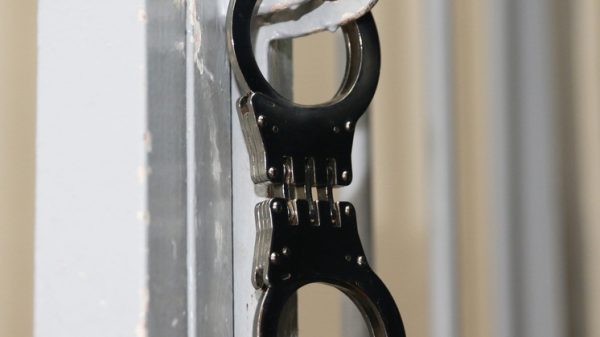 James Cameron, deep sea explorer and Oscar-winning filmmaker. Image Credit & Copyright: Adrian Wilde/The Canadian Press
James Cameron, deep sea explorer and Oscar-winning filmmaker. Image Credit & Copyright: Adrian Wilde/The Canadian Press
Titanic director James Cameron voiced his support for deep sea mining, insisting that it is better to extract raw materials for batteries from the ocean floor than to devastate the rainforest.
Oscar-winning deep-sea explorer said metal resources are being harmed by the environment. on land means deep sea mining is «less wrong».
The introduction of new battery and solar technologies to wean society off fossil fuels will require massive amounts of minerals such as nickel in the coming decades.
Estimates are that by 2040 the world's nickel production needs to double to 6.3 million tonnes a year if we are to achieve decarbonization goals.
Most of the world's nickel production is currently concentrated in countries like Indonesia, where forests and other fragile ecosystems are being destroyed to dig up ore from which to extract metal or minerals.
Some mining companies are now instead offering to harvest potato-sized, mineral-rich «concretions» that collect deep on the seafloor. in some parts of the world.
However, such mining, which is not yet sanctioned by the United Nations body that oversees the seabed, has been criticized by some environmentalists and environmentalists.
Mining disrupts or damages damage
They argue that too little is known about animal life at depth and how mining can disturb or harm them.
Mr Cameron told the Guardian: “As a staunch conservationist, I think that here the question of relativity is wrong. What they are doing in Indonesia, the Congo, the Amazon, Peru and Chile is wrong.
“To do it on the deep sea floor, where there is very little rich and diverse community. , I think it's less wrong.»
He said that during his many trips to the seabed, he saw that «basically you have miles and miles and miles of solid clay.»
Canadian startup The Metals Company hopes to start mining at the site under the name of the Clarion-Clipperton Zone (CCZ) after being sponsored by the island nation of Nauru.
The ZKK, at a depth of about two and a half miles, is littered with nodules rich in nickel, cobalt, manganese, and copper. The company intends to send a harvester that will crawl along the seabed, collecting stones that will be delivered back to the surface vessel.
Company CEO Gerard Barron said: “What should we do? focus on where on earth we are going to get these metals and where we can get them with the least planetary and human impact.”
Proponents of such deep sea mining say it is so deep, dark and cold, there is no plants, and life there is much less dense than on land or closer to the surface of the sea.
But scientists such as Muriel Rabonet, a deep-sea ecologist at the Natural History Museum in London who has studied species at the CCZ, warns that they know too little about the area.
She said: «Explore the seabed, not the rainforest seems like a false dilemma to me.
Suffocating underwater clouds
“It may not look like a rainforest, but the deep sea is a rich and diverse community.” She said her study has potentially identified 5,000 species, 90% of which have not been previously described.
“Currently, we do not have enough information to make informed decisions or fully understand the risks of nodule mining in the CCZ. . But we have a unique opportunity to consider the total cost and costs before making any decision.”
Others fear that mining deposits will spread large, suffocating undersea clouds that will destroy life on the seabed.
Professor Andy Watson, a member of the European Academies Scientific Advisory Board, which advises the European Union on science, said because deep sea mining has been out of the picture, “even if best practices can be developed and agreed upon, it will be difficult to verify that they are being followed.”< /p>
Mr Barron says much of the criticism is based on speculation. For example, he cites an MIT study showing that sediment clouds rose only six feet above the seafloor during the tests.
He said: “This is an area where no one lives, there are no plants, if we measure the amount of life there, then there is about 10 g of biomass per square meter.
He continued: “If not this, then what? You can't just rely on recycling [battery metals]. The numbers don't work. Recycling in the future is what will work, but first we need to introduce a huge amount of these metals into the system so that they can be recycled in the future.”


























































Свежие комментарии